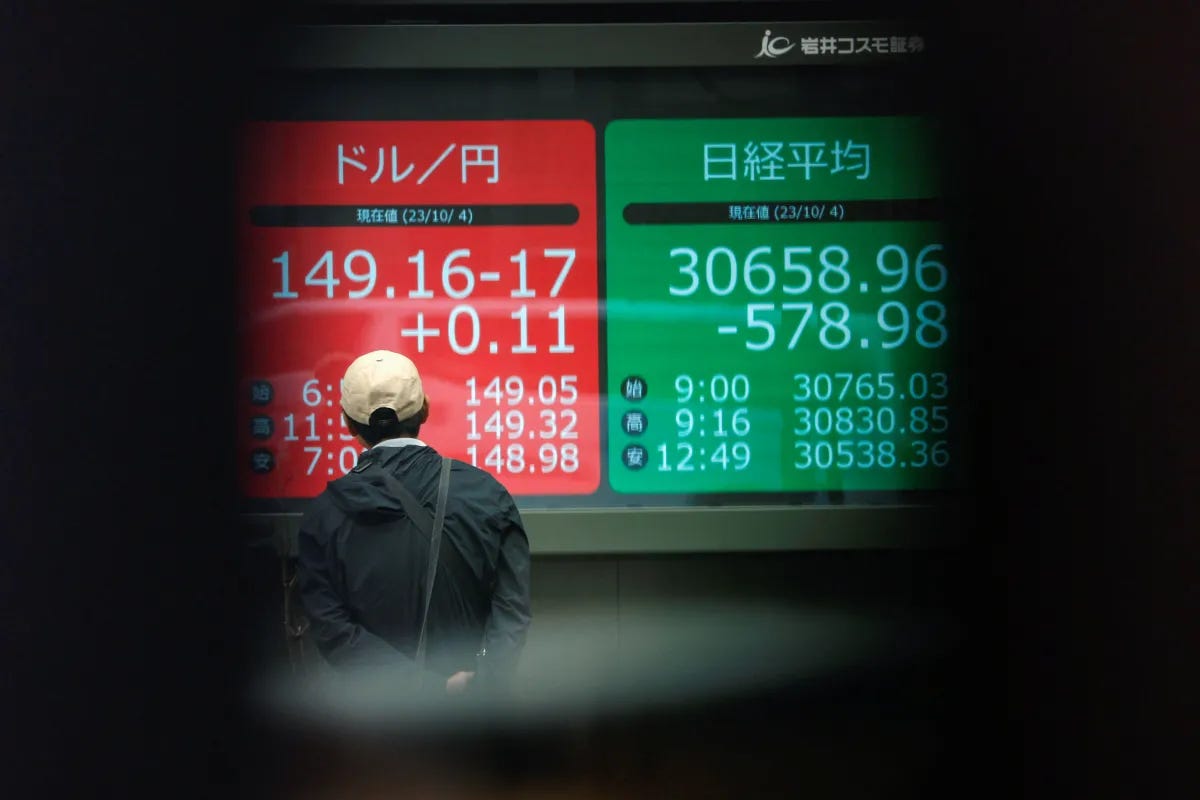Foreign Affairs published online today an essay by me summarizing my new book, The Contest for Japan’s Economic Future: Entrepreneurs vs. Corporate Giants. Here are some excerpts from the beginning:
Many observers have come to believe—incorrectly—that Japan’s extended economic slump is irreversible. The country’s GDP today is no higher than it was five years ago, and per capita GDP growth has been limited on average to a measly 0.7 percent per year since 1991, down from an average of four percent during the 1980s. South Korea, a country that was only one-quarter as rich as Japan in 1980 in terms of real per capita GDP, surpassed it in 2018... There has been disappointment every decade since the end of the 1980s boom when assorted bursts in stock prices, along with promises of reform, led brokers and politicians to proclaim falsely that “Japan is back”—only for the resurgence to falter....
The good news is that shifts in attitudes, technology, and globalization, along with the political fissures created by low growth, have facilitated the best opportunity for recovery in a generation. These trends can resurrect the kind of entrepreneurial effervescence that drove both modernization in the late nineteenth century and, after World War II, a quarter century of nearly ten percent annual growth. That South Korea has grown so well, despite sharing many of Japan’s business institutions and structural flaws, proves that fixing the Japanese economy is possible.
To see the article, click here.



To what extent is it possible that entrepreneurs based in Japan who could start a startup instead choose to take over an existing company that lacks a successor for the sole purpose of using the collateral of such a company to secure financing? It seems that there are hundreds of thousands of such firms in Japan that lack a viable succession plan for their top management. Such a path could make it easier for entrepreneurs to obtain loans to start new businesses from within an old company.
Terrific! (Of course – a summary isn't a substitute + everyone should buy the book to understand fully what the author is offering about Japan's past, present, and FUTURE.)